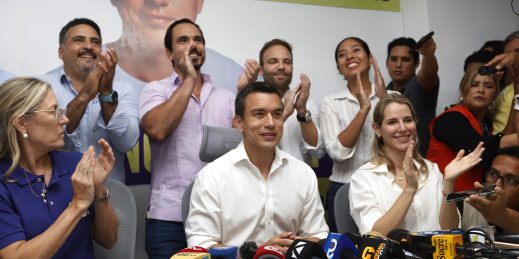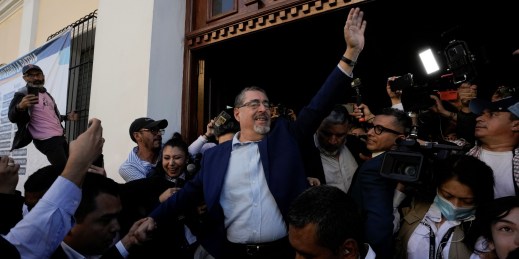Latin America Archive
Free Newsletter
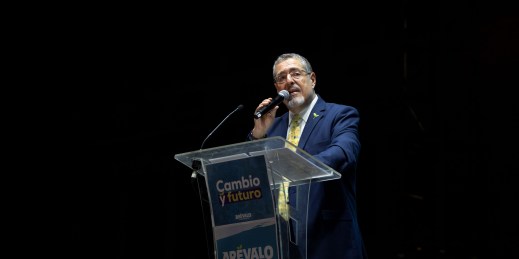
The probability that Bernardo Arevalo will succeed as Guatemala’s president is slim, but so were the odds of him making it this far to become president-elect. In spite of all the reasons for pessimism, this is a success story that the entire hemisphere should embrace. Arevalo can succeed if the world pays attention.
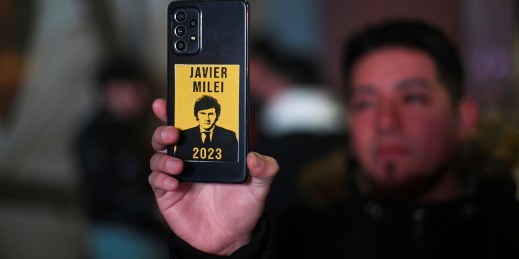
Many observers have attributed the victory of Javier Milei, a libertarian economist who rails against the “political caste” and promises to drastically reduce the size of the state, in Argentina’s presidential primaries to anger and anti-establishment sentiment. That is not only a mistake, but also an underestimation of Argentine voters.
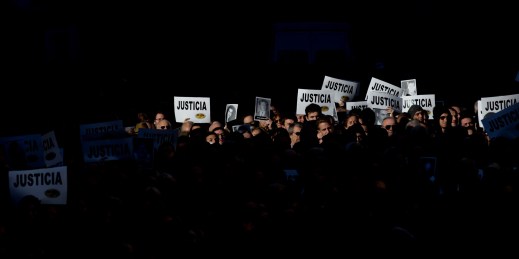
A defense agreement signed by Iran and Bolivia in late July, the details of which remain obscure, constitute yet another step in Tehran’s effort to cement ties with leftist governments in Latin America. The campaign to build those relations is not new, but it appears to have gained new momentum in recent months.

